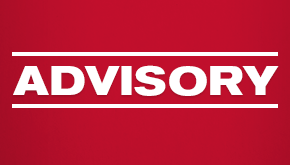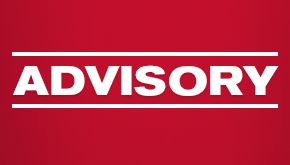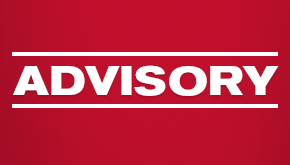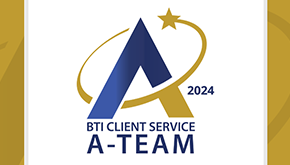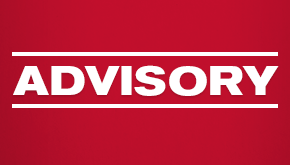Recurring Themes, Watch-Outs for the Construction Industry in Light of COVID-19
In the wake of the COVID-19 pandemic, Armstrong Teasdale’s Construction Services attorneys have counseled businesses through a myriad of contract drafting and litigation-related issues. For construction projects in the contract negotiation phase, our team has taken steps to rethink and implement additional controls in an effort to bring stability and predictability to the project. Although certain disputes on active construction projects have become contentious, in most instances, parties are sensibly partnering in order to resolve complications due to delay and increased cost.
While every advocacy opportunity is unique, we have tracked a number of recurring themes and issues during this unprecedented time.
New Project Contracting
- Drafting: revise provisions related to completion time, suspension, termination for cause/convenience, acceleration and price escalation, and specifically tailor force majeure clauses to account for pandemic-related delay.
- Supply chain: consider the needs of the project and scrutinize supply sourcing and bid price guarantees, and determine whether alternate sourcing may be secured in the event of disruption.
- Scheduling: ensure that the contemplated schedule accounts for phasing and other requirements that may arise out of new health and safety requirements and potential inefficiency, and build in project “look ahead” meetings and schedules.
- Disputes: build in cost-effective dispute resolution mechanisms.
Existing Project Recovery Issues
- Preparation and review of notices and backup: ensure the sufficiency of contractually required notices of conditions causing delays and costs, as well as backup documentation, and determine whether early expert retention may be appropriate.
- Real-time and projected cost assessments, and supply chain: assess costs incurred or paid per contract, the impact and need for potential suspensions, and consider feasibility issues.
- Potential for renegotiation: for suspended contracts, consider renegotiation before resumption in order to account for schedule slippage, recovery schedules, scope determination, time extension issues and delay costs.
- Scrutinize terms prior to resumption of work: for suspended contracts, revise force majeure clauses that accommodate pandemic and other health or government shutdown issues in order to align with the new reality.
- Scheduling, acceleration and workarounds: considering the cost and feasibility of acceleration directives and cost allocation, revisit the critical path to determine whether lost time may be regained through adjustment, and evaluate partnering opportunities to account for acceleration costs.
- Analysis and prediction: differentiate between pre-existing delays and pandemic-related delay; scrutinize the actual language and breadth of the contractual force majeure clause; and consider relevant case law and statutes from the governing jurisdiction.
Expecting the Unexpected
- Governmental restriction: anticipate governmental restrictions which may impact the ability to work, or which may impact the supply chain, and which may vary on a regional basis.
- Procurement: account for potentially long lead times in certain material procurement processes due to manufacturer shop closings or trade issues.
- Labor: consult with labor professionals to ensure that conditions are appropriate for work and tailored as necessary for various trades; evaluate smaller subcontractors and suppliers for viability and potential delay or default issues; and consider whether unique regional issues related to the pandemic may impact the project.
- Money flow: take additional measures to evaluate or reinforce finances, and to ensure that payment delays are avoided or mitigated.
Caution is key as the construction industry attempts to rebound from the COVID-19 pandemic. As various industry players take steps to adjust to the new normal, the potential for future setbacks looms large. The attorneys and legal professionals in Armstrong Teasdale’s Construction Services practice stand ready to consult on all issues – from planning to avoid crises, to responding when the unthinkable strikes.



